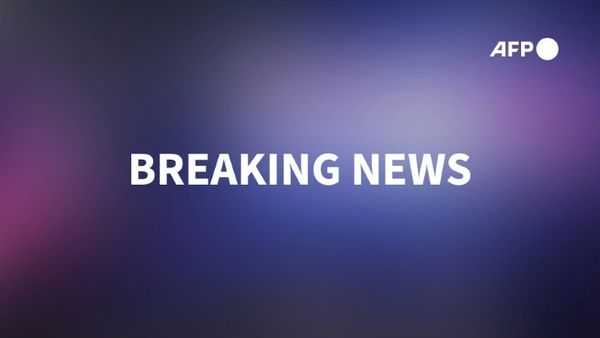
In a historic ruling, a three-judge panel from the DC District Federal Appeals Court rejected Donald Trump's appeal in the January 6th election subversion case. This unanimous decision has far-reaching implications, as it dismantles Trump's claim of absolute immunity for crimes committed while in office, particularly those aimed at maintaining power. The court emphasized that a president cannot be above the law and enjoy immunity unless they have been previously impeached and convicted by Congress.
The court's opinion, delivered via an unsigned statement, firmly stated that granting presidential immunity against federal indictment would undermine the separation of powers, rendering the Congress unable to legislate, the executive unable to prosecute, and the judiciary unable to review. They emphasized that the office of the presidency should not shield former occupants from legal consequences indefinitely.
This ruling holds great significance and is likely to be studied in law schools for generations to come. It marks the first time an appellate court has confronted the audacious claim that being president grants immunity for criminal acts, even when performed outside the scope of official duties. It goes beyond Trump's argument, as he contended that he could commit crimes irrespective of his official capacity.
Legal experts believe that there is little reason for the US Supreme Court to intervene in this matter. The court's reasoning is considered meticulous, thorough, and unambiguous, and it aligns with widely accepted principles of the separation of powers. Unless the Supreme Court identifies any gaps, ambiguities, or conflicts with other circuit court decisions, it is unlikely to grant review. The only potential purpose for Supreme Court involvement would be to delay the proceedings, which could lead to justice being denied.



The former president has until Monday to file an emergency stay with the Supreme Court. If he fails to meet this deadline, the trial will proceed before Judge Tanya Chutkin. Legal analysts anticipate that the Supreme Court will swiftly deny review, most likely within one to three weeks. This would ensure that the case moves forward, possibly culminating in a trial.
Trump's reaction to the ruling has been to claim that without immunity, the presidency would lose its power and become subordinate to other branches of government. However, the court rebuked this argument, pointing out that past presidents operated under the assumption that they could be prosecuted, leading to a level of restraint absent in Trump's case. The court suggested that Trump's claims of immunity were tantamount to declaring his intentions to act as a dictator and a chief criminal.
Overall, this ruling is a significant milestone, affirming that no individual, including a president, is above the law. It sets an important precedent and ensures that crimes committed by public officials, especially those aimed at undermining democracy, are subject to due process and potential prosecution.







